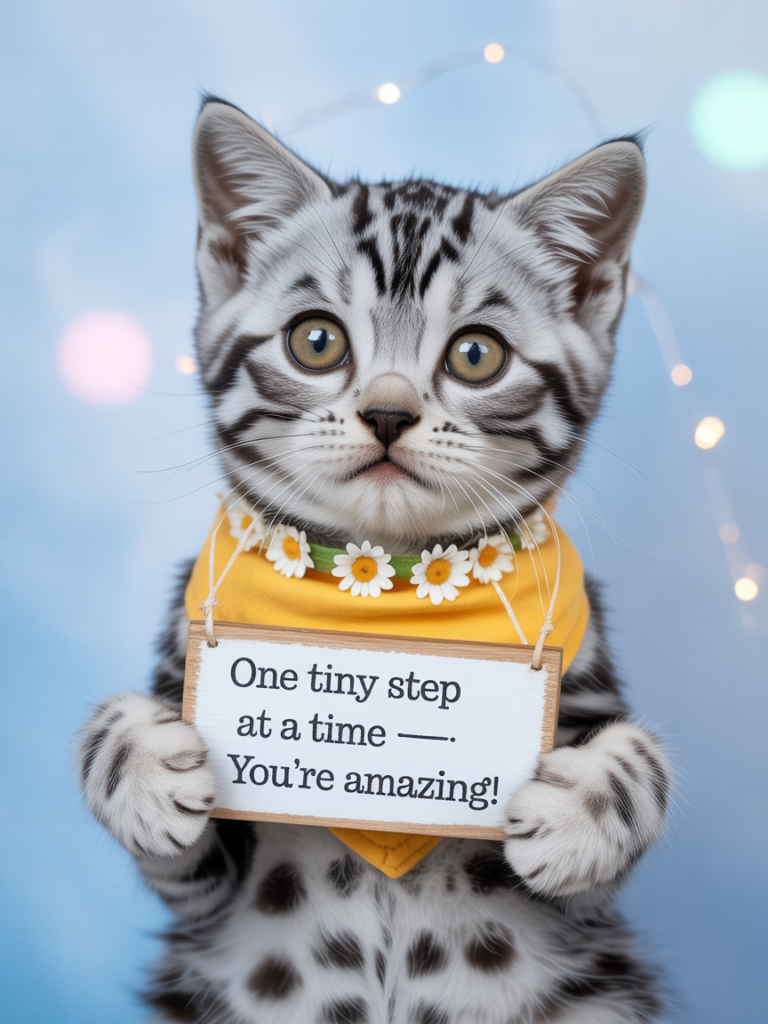

Explore Our Network
Discover our family of websites spanning art, business, health, travel and more. Arts & Entertainment Cracked Pottery: Ceramic techniques, crackle glaze styles, and kiln tips for pottery makers exploring creative forms of handcrafted ceramic art. Learn more at potteryvibes.org. Art:…
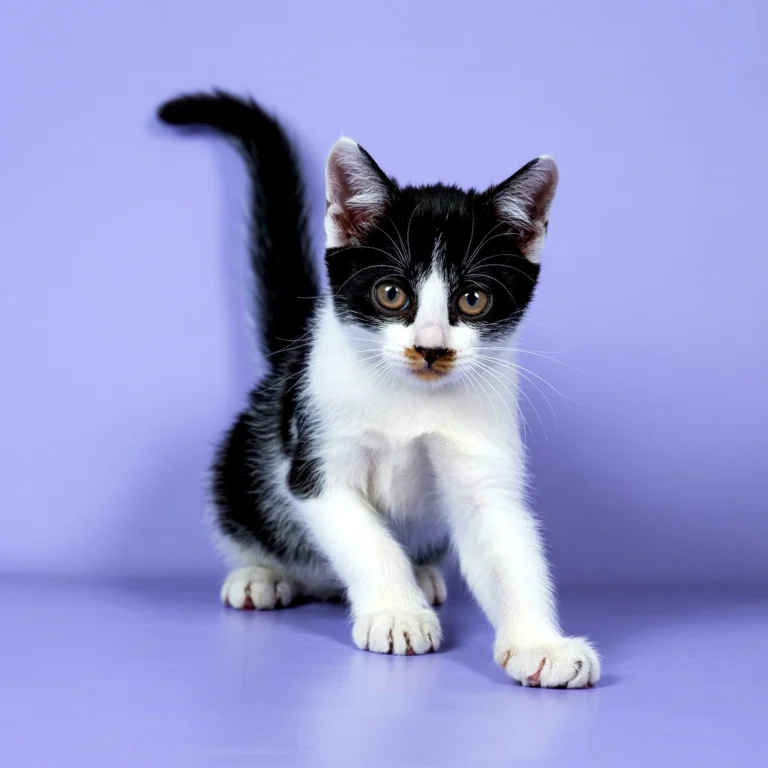
Maine Coon Cats: Friendly Giants You’ll Love
Maine Coon cats have earned the nickname “gentle giants” because they’re big and super friendly. Their tufted ears, bushy tails, and thick fur make them pretty hard to miss. Most people fall for their calm, affectionate personalities right away. These…
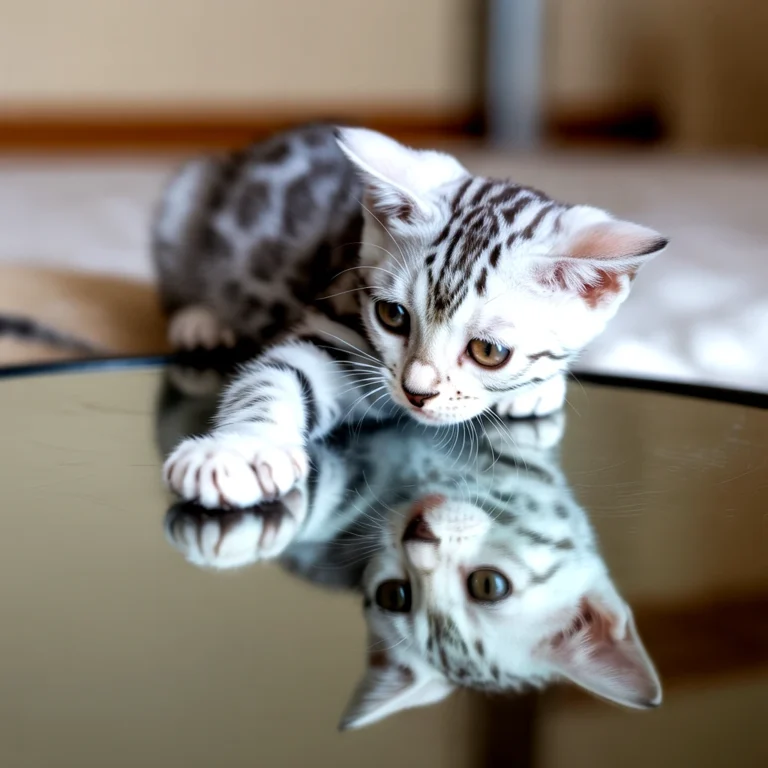
Famous Cats in History That Captivated the World
Cats have lived alongside humans for thousands of years, sometimes becoming famous in their own right. Some cats stood out for their special roles—protecting grain stores from mice, or even inspiring art and culture. Famous cats in history shaped civilizations…

Cats and Human Culture: How Felines Have Shaped Our Lives and Stories
Cats have lived with people for thousands of years. They’ve shaped our cultures, and we’ve shaped theirs right back. Folks see cats as companions, symbols, or mysterious little housemates. The bond between cats and humans is a mix of habits,…
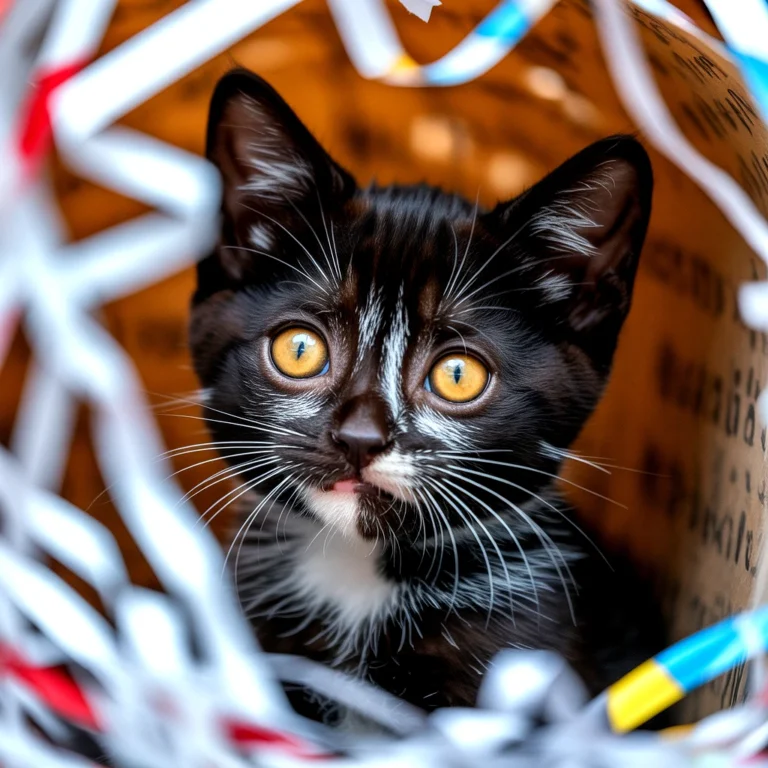
Litter Train a Kitten Successfully with These Easy Tips
Litter training a kitten is actually easier than a lot of people expect, as long as you’re patient and stick with it. Just keep a clean, easy-to-find litter box and gently show your kitten where it is often. Most kittens…

Stop Cat Scratching Furniture with Easy and Effective Tips
Cats scratching furniture can drive pet owners a little crazy, but it’s totally normal for them. They scratch to mark their territory, keep claws in good shape, and stretch out. If you want to stop your cat from scratching the…
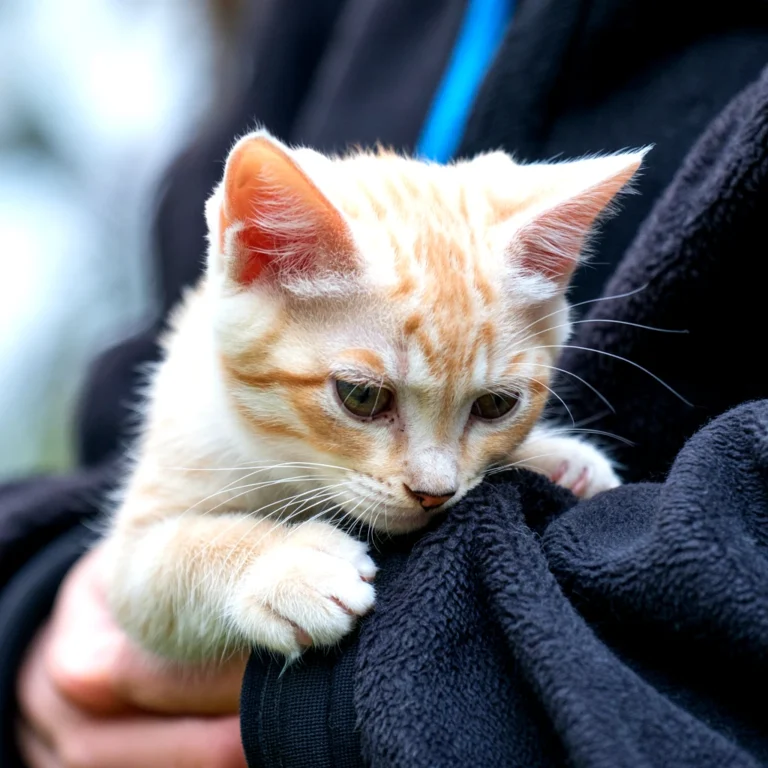
Poisonous Plants for Cats to Watch Out for in Your Home
A lot of popular houseplants can actually harm cats if they chew on the leaves or stems. Plants poisonous to cats include favorites like Dieffenbachia, Easter lilies, and poinsettias, which can cause serious health problems. If you know which plants…
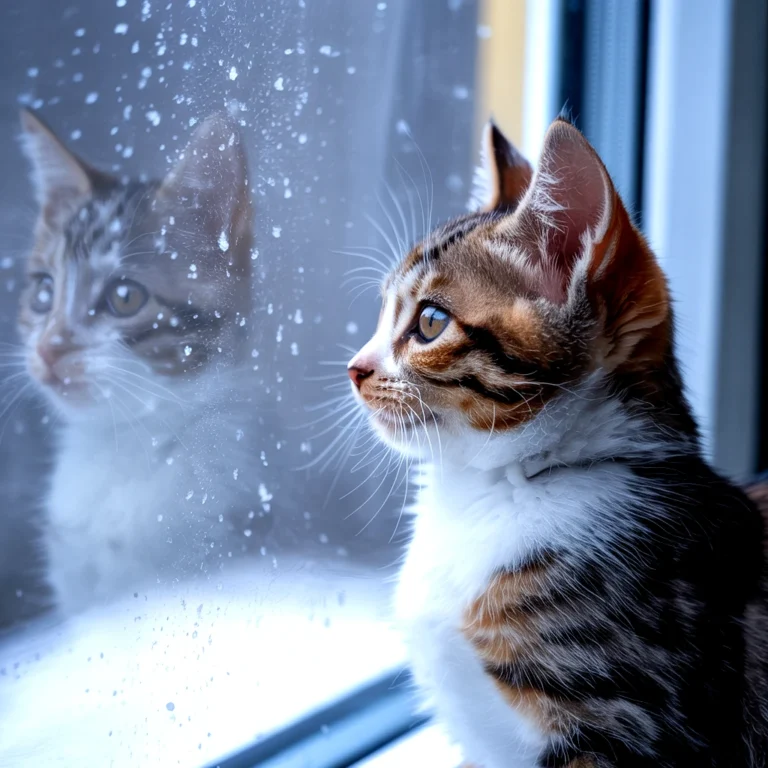
Essential Oils Safe for Cats: A Friendly Guide to Using Them Wisely
A lot of pet owners think about using essential oils around their cats but worry about whether it’s safe. Only a handful of essential oils, like lavender and chamomile, are generally safe for cats when used the right way. Cats…
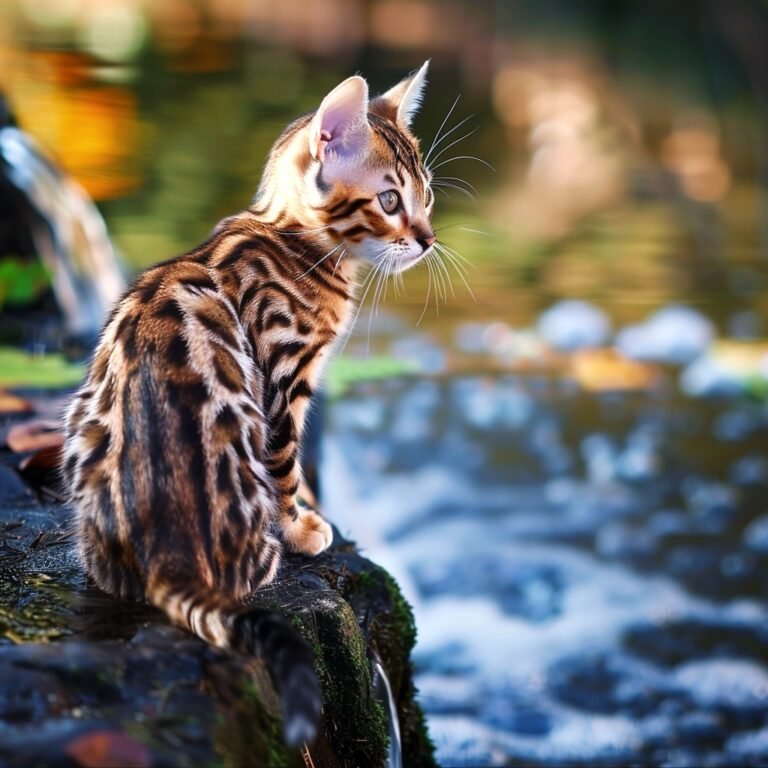
Can Cats Take Aspirin Safely? What You Need to Know
A lot of pet owners ask if cats can safely take aspirin when their cats seem uncomfortable or in pain. Honestly, aspirin is usually dangerous for cats because their bodies can’t handle it well, and it can quickly turn toxic…
